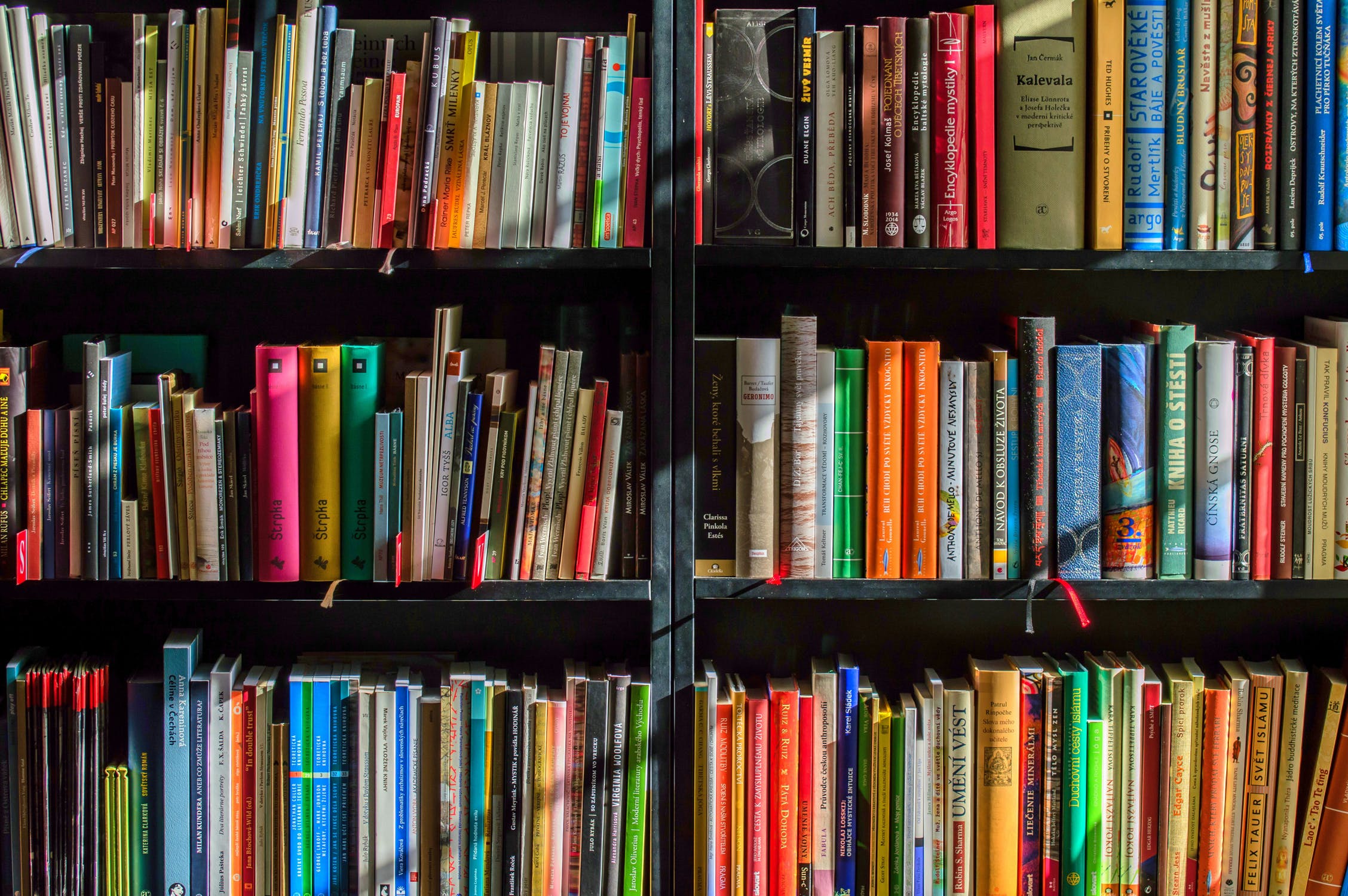
In the words of the legendary Egyptian writer Naguib Mahfouz, “art is a criticism of society and life, and I believe that if life became perfect, art would be meaningless and cease to exist” – which is precisely why the art of storytelling (in any way, shape or form) has always been a vital part of existence.
That being said however, it is worth giving a nod to the storytellers who pour their thoughts, souls and hearts out into the incredibly difficult art of writing. Putting certain words together in a way that is both coherent and will beautifully resonate with readers is something to be commended and admired.
Although there are plenty of notable writers whose works we may or may not be familiar with, it is absolutely necessary to take a step back and appreciate the beauty and knowledge literature has to offer us especially today, when the rhythm of life is fast and less time is allocated to reading.
In addition to that, we must also make efforts to support our local artistic community, especially considering the fact that, despite the general society’s criticism or taboo around their chosen profession, these people have chosen to offer a different sort of gateway to their community through their ability to put words and ideas together.
The names in the list below are some of Egypt’s contemporary writers (20th century and onwards) whose works are all noteworthy in different ways, and who have garnered the admiration of many over the past couple of decades, up until today.
Naguib Mahfouz
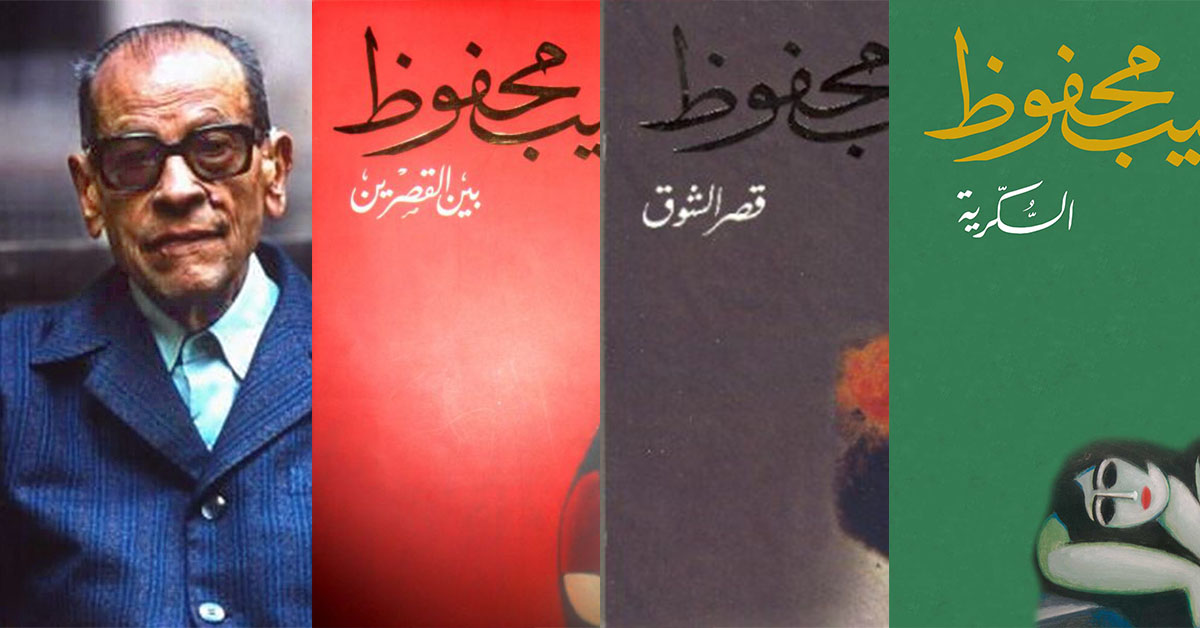
Arguably one of the most – if not the most – popular Egyptian writers of all time, Naguib Mahfouz published his first novel Hams el Genoon (whispers of Madness) in 1938. Mahfouz went on to write a number of novels, short stories and plays throughout his lifetime, some of which are globally recognized. In 1988, he won the Nobel Prize in Literature, making him the only Egyptian writer to ever receive this honor. His novels usually revolve around fictional stories that depict the intricacies of everyday Egyptian life. Some of his most notable works include Awlad Haretna (Children of Gebelawi, 1959), Al Tholatheya (The Cairo Trilogy – made up of three books, 1956-57) and Khan el Khalili (1945).
Bahaa Taher
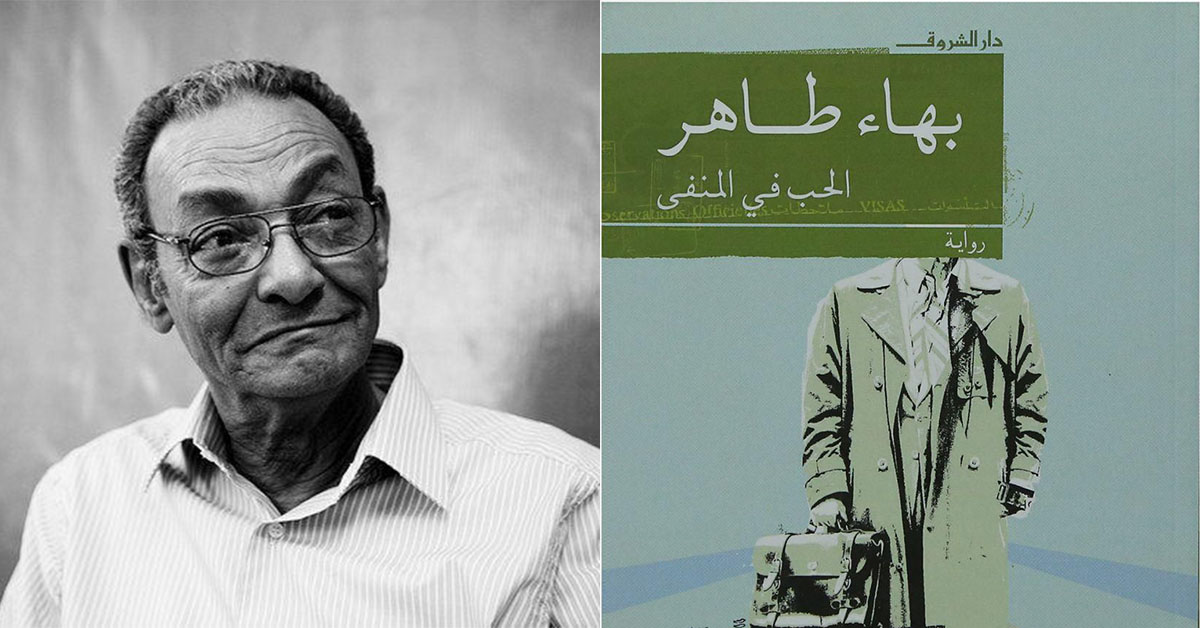
Bahaa Taher is a contemporary Egyptian Nobelist and short story write who has both won awards and had some of his works translated. In 2008, he won the prestigious International Prize for Arabic Fiction. Although having only published around six books between 1985 to 2007, Taher has gained wide popularity for his meticulous storytelling abilities. His novel usually revolve around heavier topics that dive deeper into the psychology of humans and society. Some of his most notable works include Khalti Safiyya wel Deir (Aunt Safiyya and the Monastery, 1991), Al Hob fel Manfa (Love in Exile, 1995) and Waheit el Ghoroub (Sunset Oasis, 2007).
Radwa Ashour
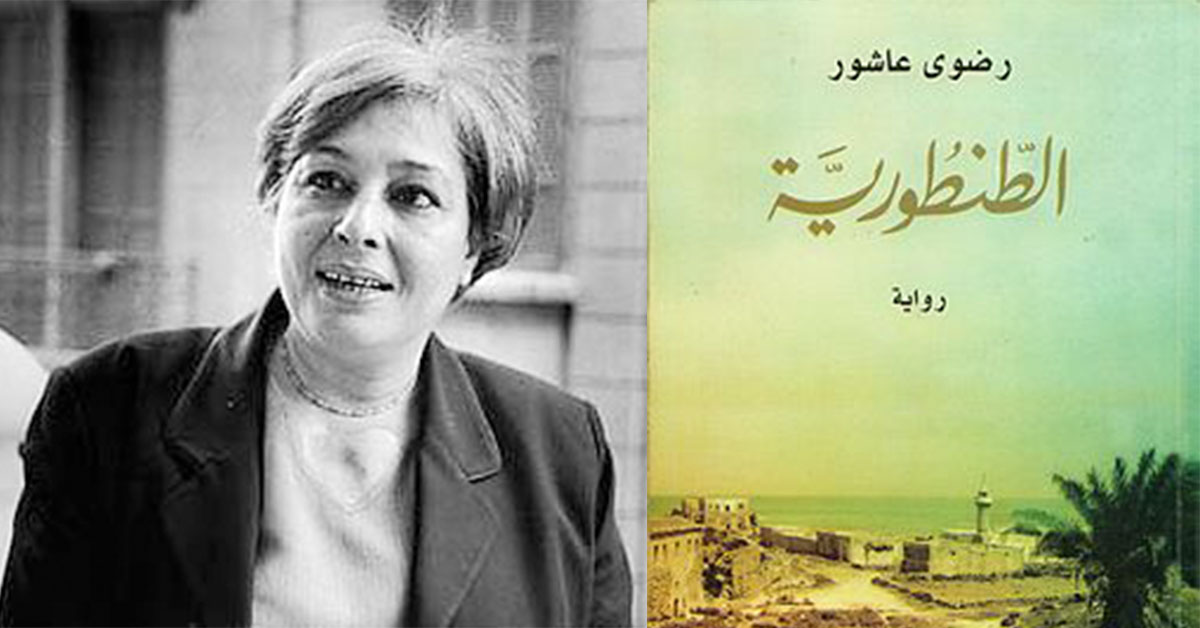
Thanks to her beautifully descriptive style of writing, Radwa Ashour rose to fame as one of Egypt greatest contemporary writers. She has written both fictitious as well as biographical accounts, and always manages to leave her readers moved by the stories she unfolds. Ashour has published around nine books in her lifetime, for which she has won numerous awards. Some of her most notable works include The Granada Trilogy (1994-95), Apparitions (1998) and Al Tantouria (2010).
Ahdaf Soueif
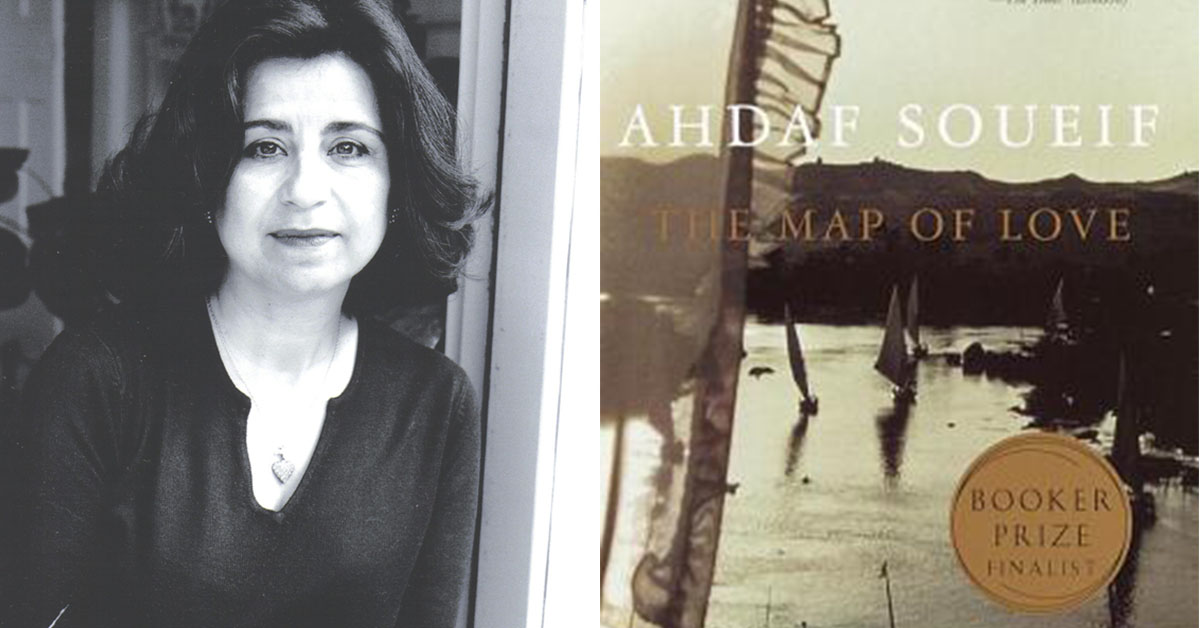
Although the only English writing Egyptian writer on this list, Ahdaf Soueif has managed to become one of Egypt’s most successful contemporary writers with both local and international acclaim. She has published around eight works of both fiction and non-fiction between 1983 to 2012, and has also won a number of literary awards. Having always had strong views on the world around her, Soueif always manages to shine light on both cultural and political issues through her writing. Some of her most notable works include The Map of Love (1999), her translation of Mourid Barghouti’s I saw Ramallah (2007) and Cairo: My City, Our Revolution (2012).
Ahmed Khaled Tawfik
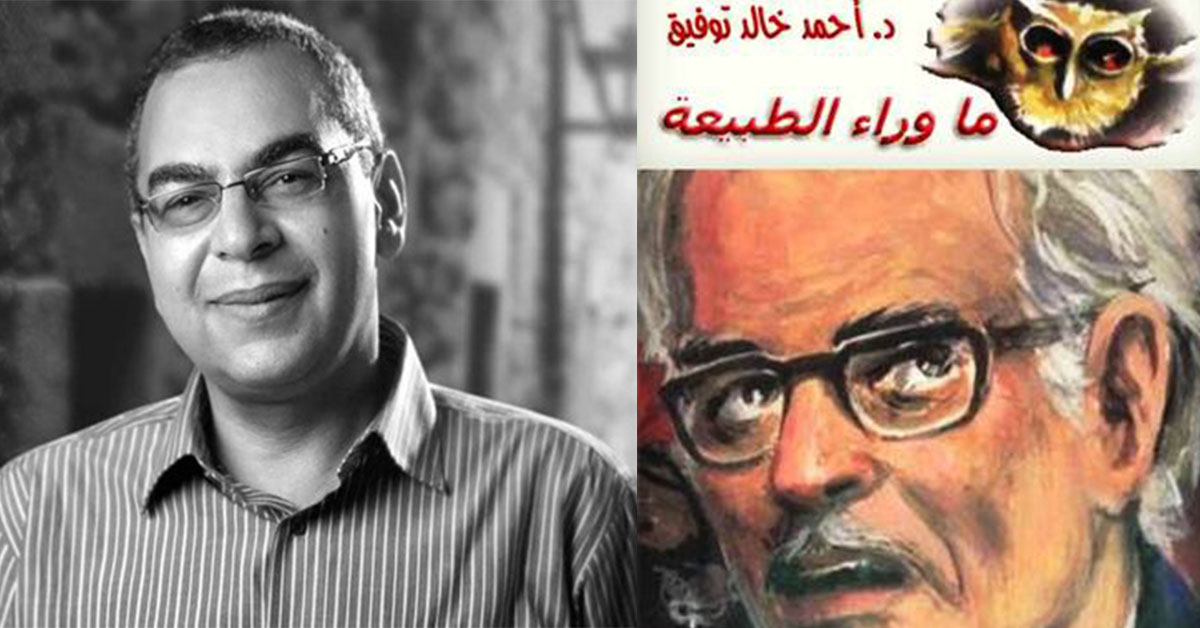
Ahmed Khaled Tawfik was a widely loved contemporary Egyptian writer, most famous for being the first Egyptian author to have written in the genres of horror and science fiction. Tawfik’s horror series of Ma Waraa al Tabiaa (Beyond Nature/Metaphysics) were widely impactful amongst Egyptian youth. Some of his characters were known to be semi-autobiographical as he would occasionally draw from some of his personal experience. Some of his most notable works include his Ma Waraa al Tabiaa series (Metaphysics) and Utopia (2017).
Omar Taher
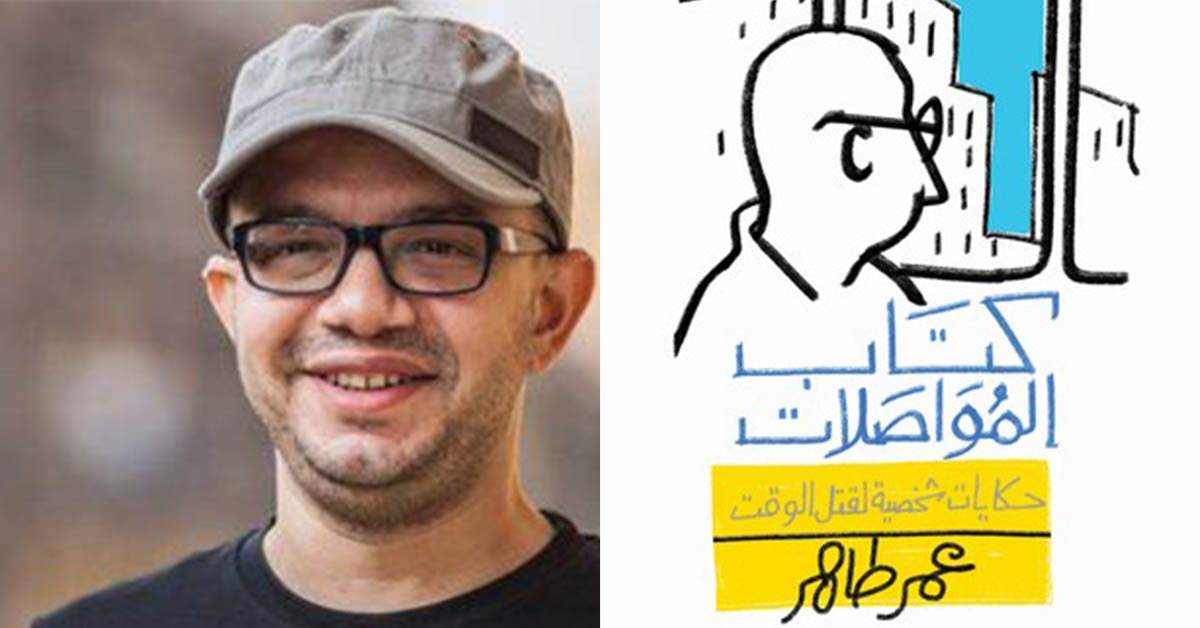
Relatively new to the literary world, Omar Taher is a contemporary Egyptian writer, poet and journalist. Since 1998, he has continuously published a number or books and articles. His novels are intelligently written and have gained wide popularity among Egyptian youth in particular. His novels usually tend to lean more towards the comical or satirical genres of writing. Some works worth checking out are Shaklaha Bazeit (It Looks Like it Failed, 2006) and his more recent series of short stories Ketab el Mowasalat (The Transportation Book, 2018).
Ahmed Mourad
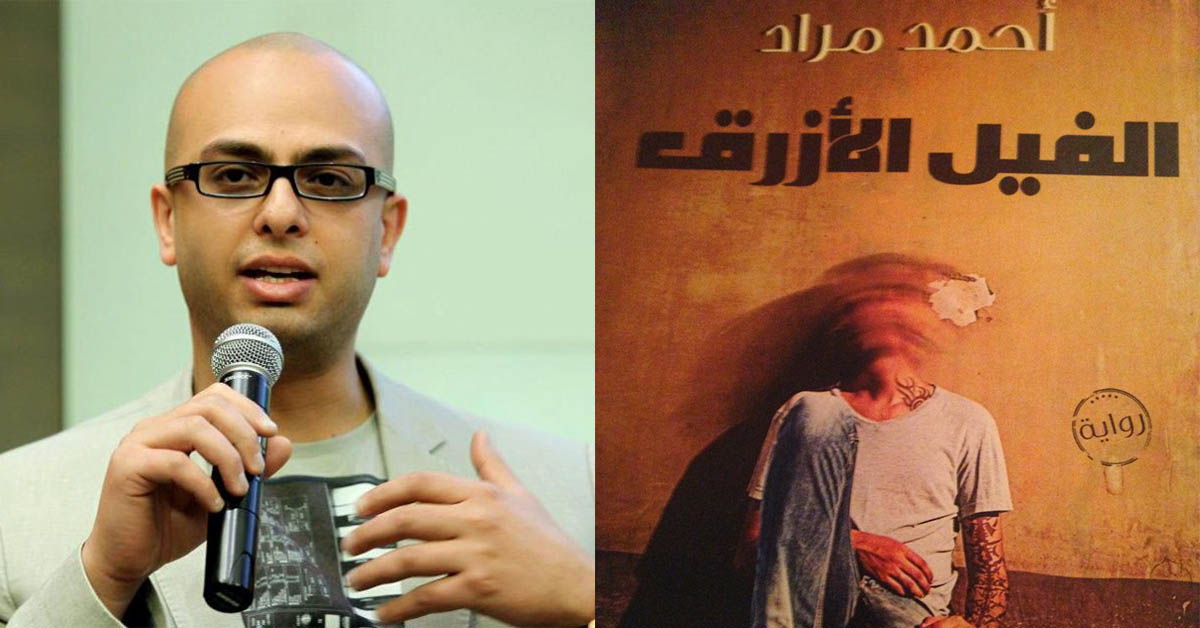
Having gained massive popularity in recent years, Ahmed Mourad is a contemporary Egyptian writer of fiction and non-fiction worth noting. Mourad also occasionally dabbles in screenwriting, in addition to writing novels. His works are known to include some element of surrealism in them and are often inexplicably captivating. Some of his most notable works include Vertigo (2007), Al Fil al Azrak (The Blue Elephant, 2012) and Torab el Mass (Diamond Dust, 2010).

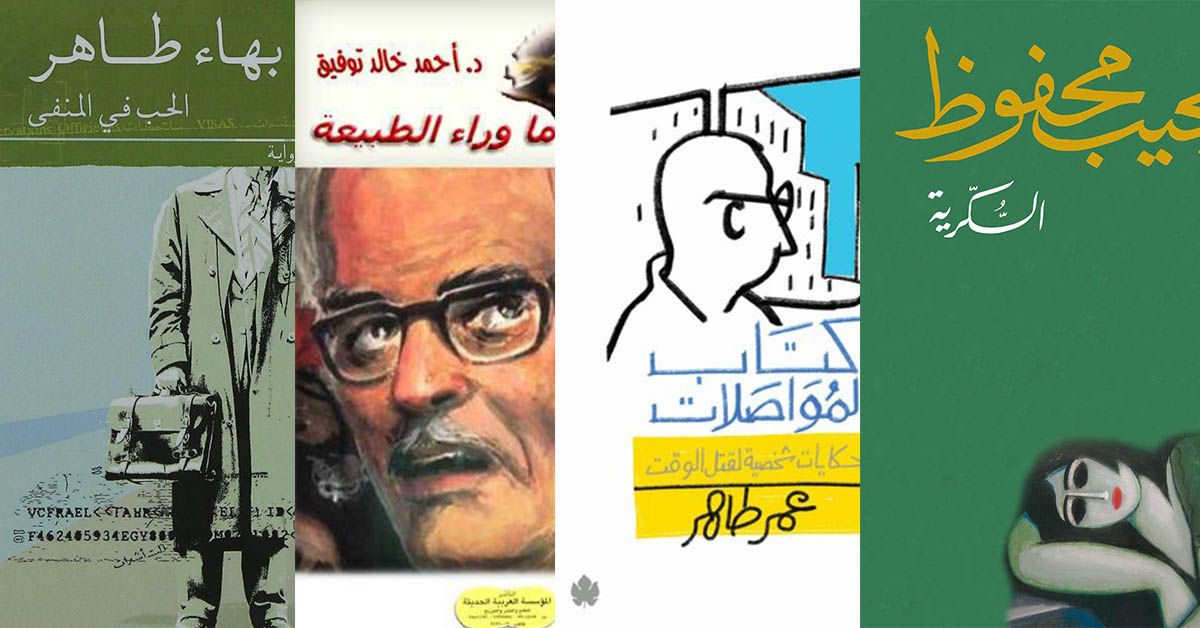


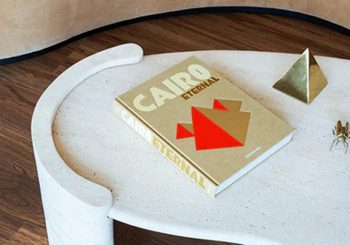

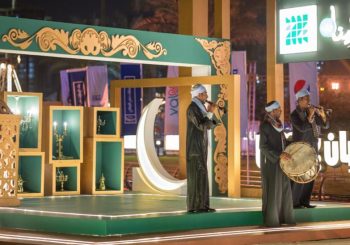
Comment (1)
[…] SOURCE: EGYPTIAN STREETS […]